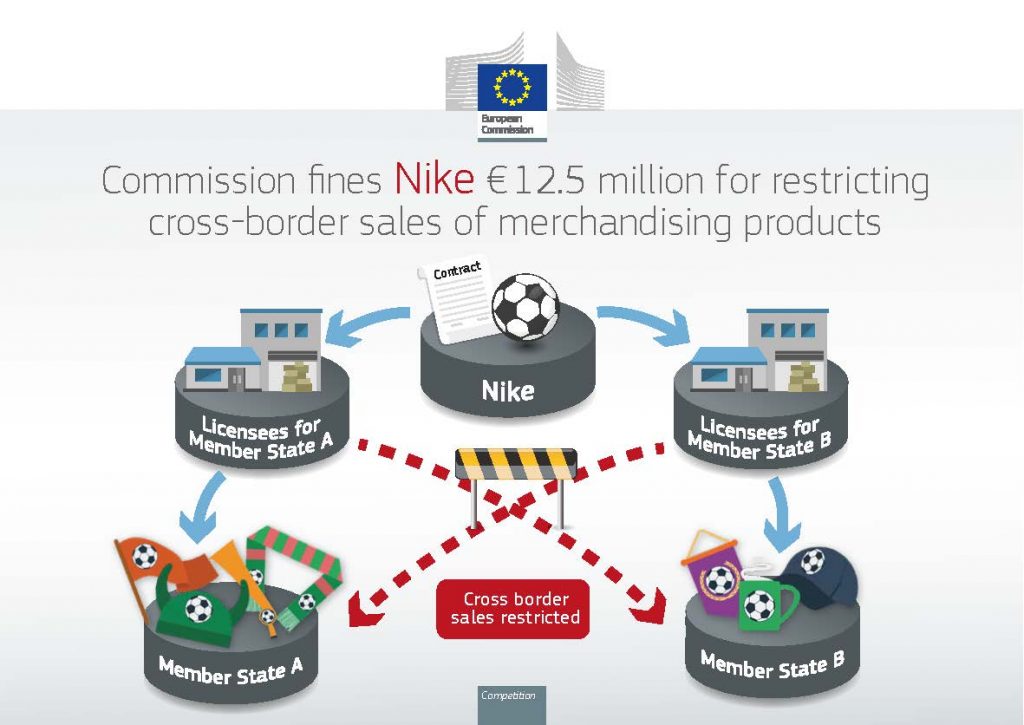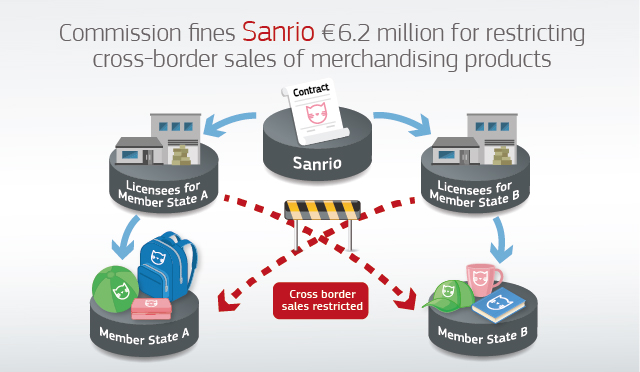What is the current situation for online transmission and retransmission of television and radio programmes?
Broadcasters are increasingly offering their broadcasts online (for instance through their simulcasting or catch-up services). However, such online programming often remains unavailable in other Member States, even if there is interest abroad to access it. The clearance of rights for such uses can be particularly burdensome: a broadcaster needs to obtain authorisations from various rightholders, for different categories of works and other protected content, and separately for every Member State, where the programme will be available online.
Comments closed

